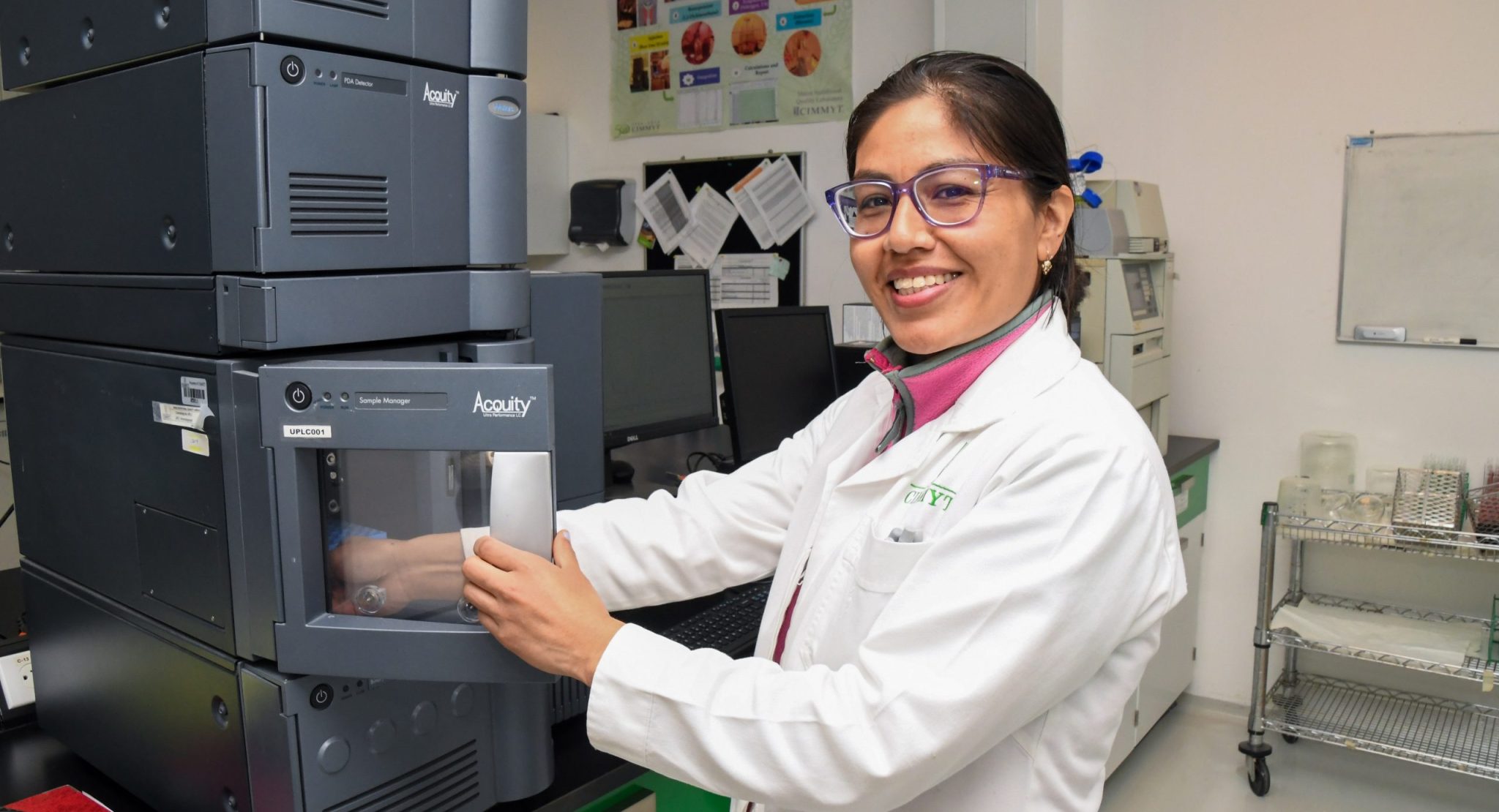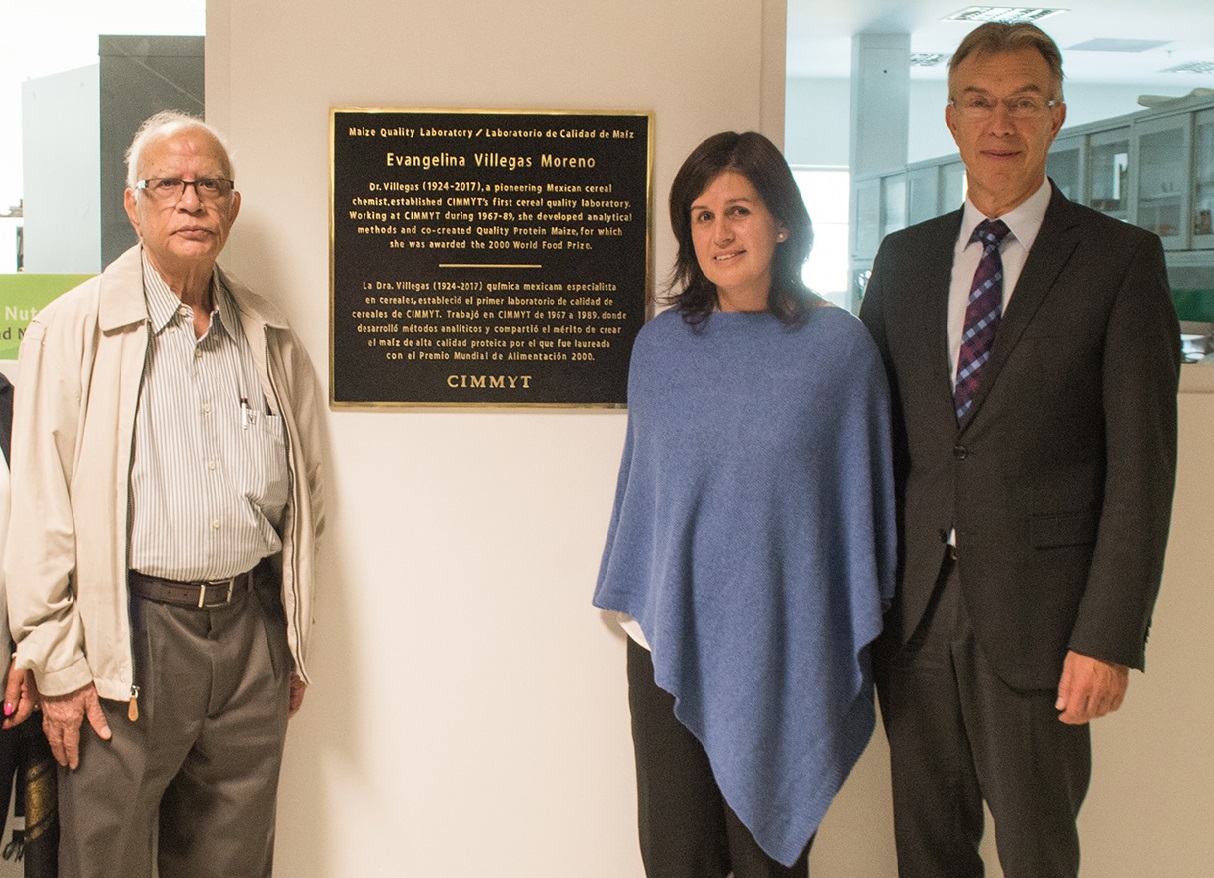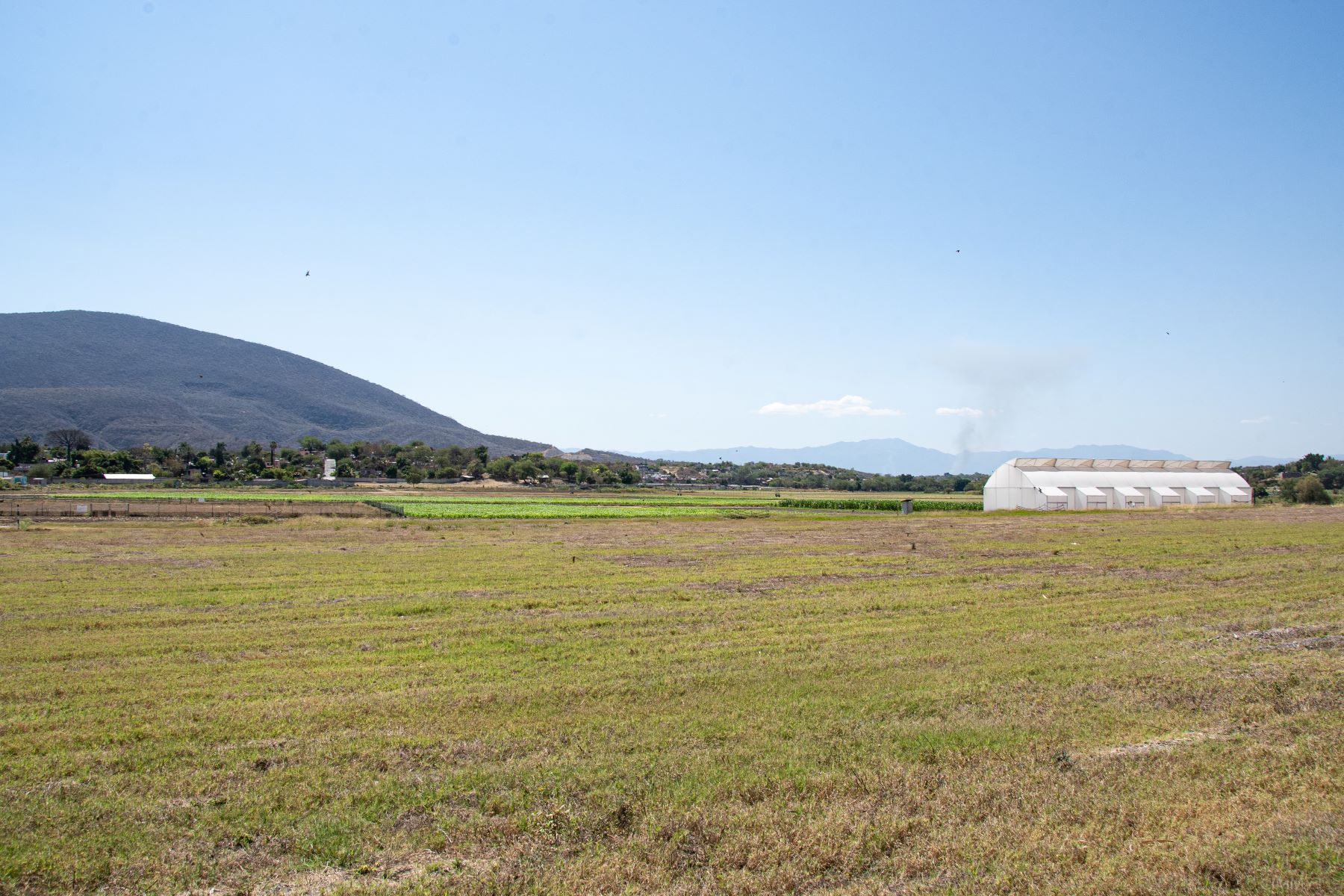
The progress of science and technology depends on the diversity of talent that contributes to its development. However, the participation of women in fields such as science, technology, engineering, and mathematics (STEM) remains limited. In Mexico, only 22% of women enrolled in higher education choose STEM fields, and according to the Mexican Institute for Competitiveness (IMCO), only 13.5% graduate.
This situation presents both challenges and opportunities. Science, especially in critical areas such as food security and nutrition, needs a greater presence of women to drive significant change. The Food and Agriculture Organization of the United Nations (FAO) has highlighted the urgency of integrating more women researchers into agricultural science to accelerate innovations that improve production and the well-being of rural communities.
One example of the transformative impact of women in science is María Luisa Cabrera Soto. Since childhood, Luisa was inspired by female scientists she saw in the media, which fueled her dream of working in a laboratory. “These women were my reference, my source of inspiration. I visualized myself and said, ‘I want to work in a lab.'” But her journey was not easy. Coming from a family with traditional gender expectations, she faced resistance to her desire to pursue a career in science.
The first obstacle she encountered was her family’s outright disapproval. “I come from a family of six women and a patriarchal figure. Hearing phrases like ‘you are not capable of studying something as complex as science or mathematics’ was the first barrier I had to overcome,” she recalls.
“I had to break these family stigmas, these traditions, and say to myself: ‘I am capable of studying what motivates and inspires me, which is science. Being a woman does not limit me to domestic activities.'”
Today, the girl who once dreamed of working in a laboratory is part of the CIMMYT research team. As a research assistant, her work in chromatography—a process that allows the separation, identification, and quantification of chemical components in various mixtures—helps assess the nutritional quality of various crops, primarily maize. Her work has a direct impact on the nutrition and health of various populations, as well as the livelihoods of agricultural producers.
María Luisa’s story has become an inspiration to her sisters, who have also ventured into the world of science, demonstrating how one personal choice can inspire change across generations. “I broke the paradigm in my family, and fortunately my four younger sisters also chose science. It was a change that broke down a major barrier in my home.”
Through their scientific work, Luisa and other female researchers at CIMMYT are making a significant contribution to improving the human condition in a sector where women play a critical role in food production and security, from the field to the laboratory.
The low percentage of women in STEM fields in Mexico and globally is not only an issue of equity—it is also an obstacle to developing innovative solutions in key sectors. According to UNESCO, only 33.3% of researchers worldwide are women. Luisa’s message to girls and young women in Mexico is clear: “Follow your dreams, question the world, and don’t let social ideologies or family traditions dampen your curiosity and enthusiasm. More and more women are joining this field, and we must support one another.”

 Gender equality, youth and social inclusion
Gender equality, youth and social inclusion 
